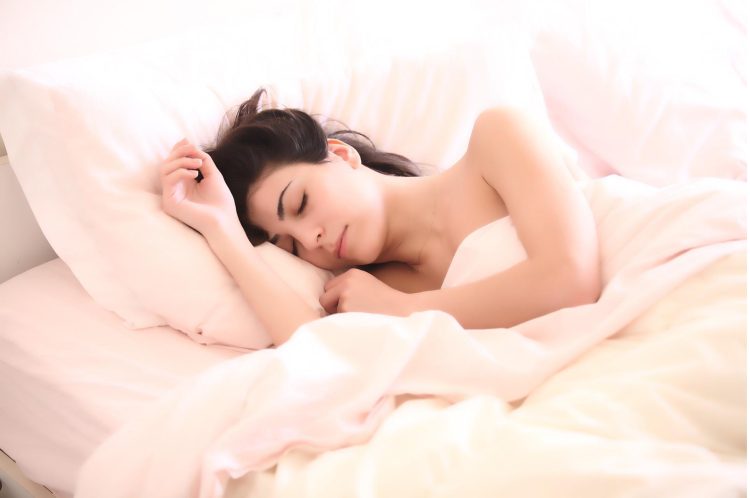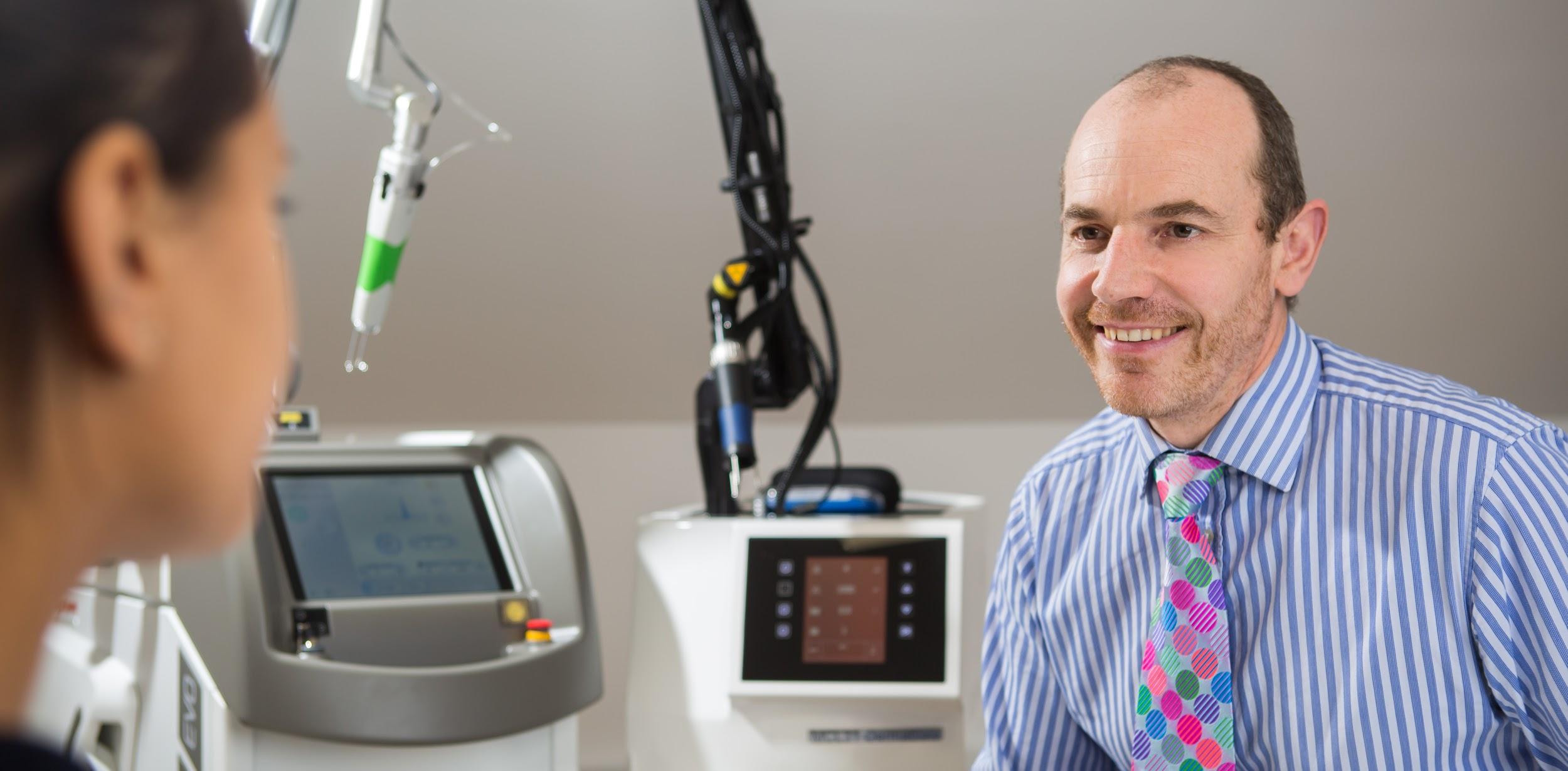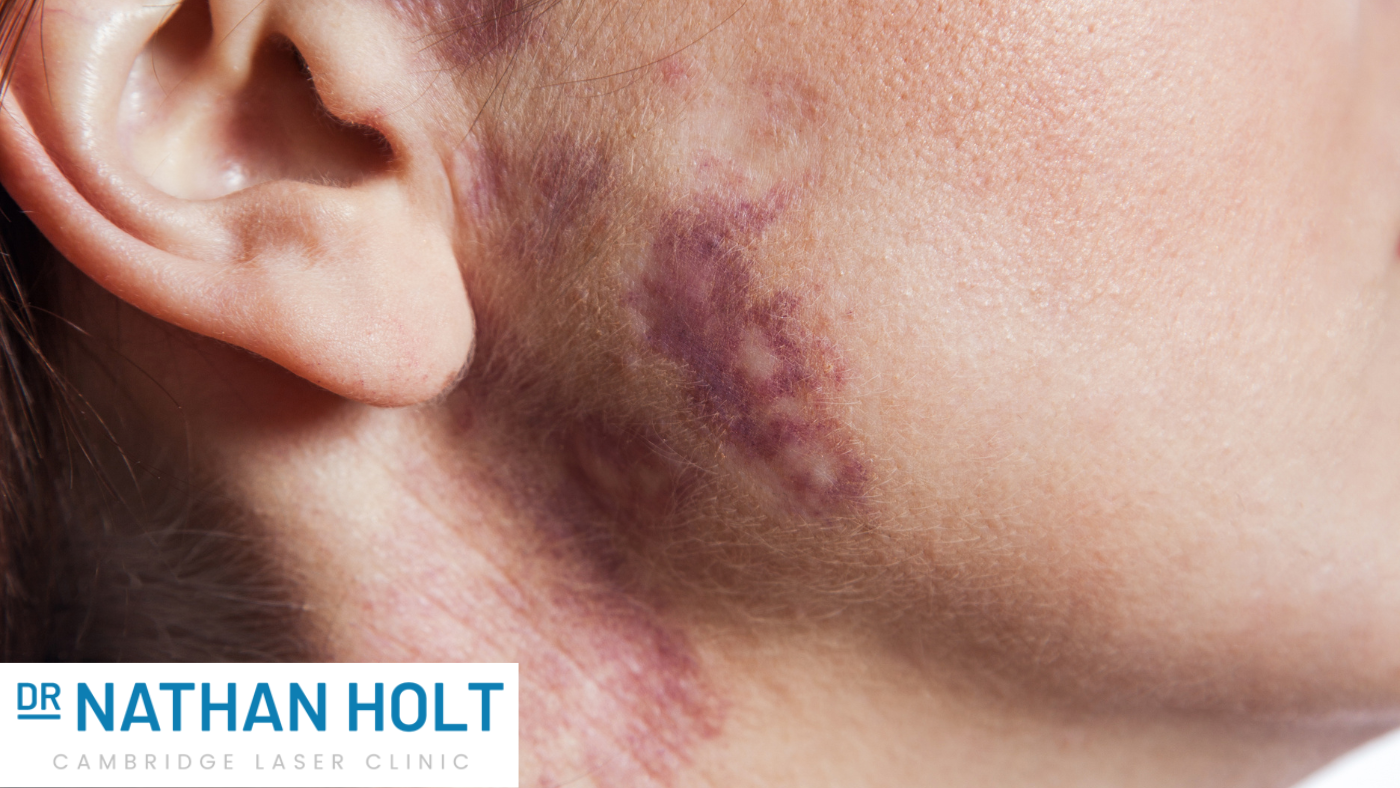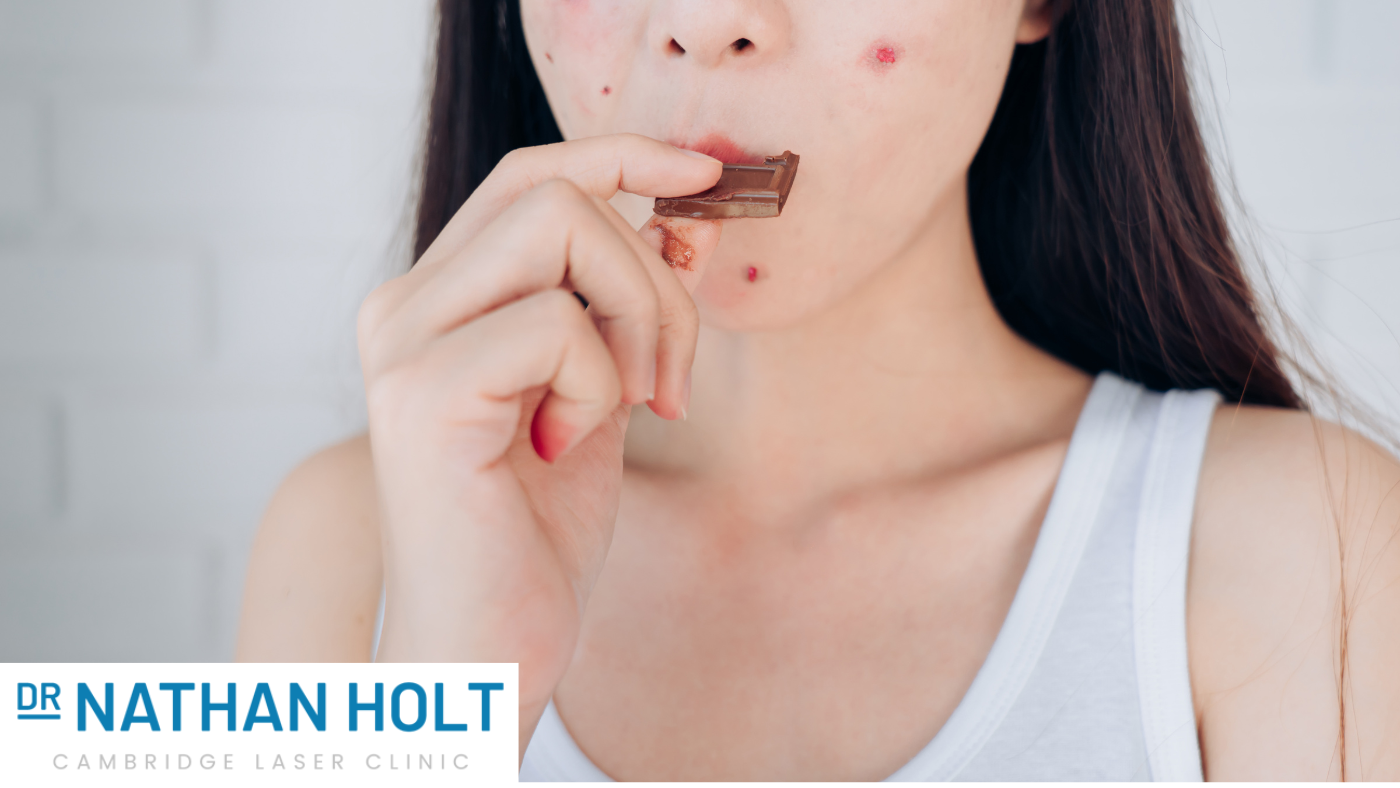Rosacea, a chronic skin condition characterised by facial redness, swelling, and visible blood vessels, can…

Put Snoring to Bed Once and For All with Somnilase Laser Treatment
Research suggests that one in four adults in the UK snores, which means that snoring affects close to 15 million people. That is without factoring in the millions of people that are affected by the snoring of their partners, siblings, loved ones and housemates. A lot of people make the mistake of thinking that snoring is just an audible annoyance, but there is actually a lot more to it than that.
Snoring can cause interrupted and low-quality sleep, which in turn leads to irritability and poor concentration. A bad night’s sleep from snoring can also result in reduced productivity, reduced headaches, extreme fatigue and headaches. If your snoring keeps someone else awake, they could experience these symptoms too. This is why so many people are seeking out snoring treatment.
What Causes Snoring?
For most people, snoring is caused by obstructed air movement when you are breathing whilst asleep. The sound is caused by the vibration of the respiratory structures. When the uvula and soft palate are relaxed, they partially block the airway, and this causes the structures to vibrate. However, snoring can also be caused by a range of other things such as large adenoids, large tonsils, obstructive sleep apnoea, malpositioned jaw and obstructions to the nasal passageway.
You might also notice that alcohol and other drugs worsen your snoring. This is because they relax the throat muscles and increase the number of respiratory vibrations. Sleeping on your back can also worsen snoring, as doing so causes the tongue to move to the back of the mouth. Weight has also been linked to snoring and those who are overweight are more likely to snore. This is due to the increased amount of fat that gathers in the throat area, making breathing when asleep more difficult.
How Does Somnilase Laser Treatment Work?
As is the case with a lot of laser treatments, Somnilase works by targeting small laser beams at a very specific area of the body. For snoring, this is the mucosa lining of the oral cavity, which is where a lot of snoring stems from. This is done using a laser handpiece, which is inserted into the mouth and directed at the soft palate.
Once the tiny laser beams have come into contact with the mucosa lining, the treatment causes microscopic scars to form, resulting in fibrosis of the soft palate and uvula. As laser treatments are so specific, the surrounding tissue is undisturbed and remains intact to help with healing. This causes the soft palate to become a lot stronger and more stable during breathing, which helps to combat snoring by providing greater resistance to the passage of airflow.
Our experts recommend patients undergo three Somnilase treatments to see significant results from the procedure, and these should be one month apart. You may also need a top-up treatment every six to 12 months, depending on the severity of your snoring and the effectiveness of Somnilase treatment.
What Happens After Somnilase Laser Treatment?
Our experts recommend patients undergo three Somnilase treatments in order to see significant results from the procedure. These should be one month apart and ensure that the procedure has been as effective as possible. You may also need a top-up treatment every six to 12 months, depending on the severity of your snoring and the effectiveness of treatment.
There are a few things you should avoid for a short time after laser snoring treatment. It’s recommended that you only drink room temperature water for the first two hours after the procedure. You should also avoid cold drinks, fizzy drinks, ice cream, alcohol and smoking for the first 24 hours after you have undergone Somnilase treatment.
It’s not uncommon for the soft palate to be swollen after treatment, which could cause a slight sore throat for a day or two. You might also notice an increase in your snoring for the first two nights, but you should start to see noticeable results within one week. After two to four weeks, optimal results will be evident.
The Benefits of Choosing Somnilase Laser Treatment
Though there are a handful of different snoring treatment options out there, there is no denying the many benefits of Somnilase. This is why Somnilase laser treatment continues to be one of the most popular treatment options for patients who snore.
- Somnilase laser treatment boasts impressive results, more so than other snoring treatments available. The effectiveness of Somnilase can be assessed using a mobile application, one that can be downloaded directly onto your smartphone and accessed at any time. Your snoring after Somnilase can be measured and compared to your snoring before Somnilase. Both volume and duration are looked at, which clearly highlights any improvement.
- A lot of snoring treatments require lengthy downtime and recovery time after the procedure, and some even result in a painful sore throat for up to a week afterwards. However, this is not the case with laser snoring treatment. There is no downtime to worry about after Somnilase, and you can return to normal activities immediately.
- Many people make the mistake of assuming that all snoring treatment is time-consuming and complex, but that couldn’t be further from the truth with Somnilase. Our laser snoring treatment is a ‘walk in, walk out’ procedure and everything is done extremely quickly. Instead of having to find time in your packed schedule to undergo snoring treatment, you can simply slot a Somnilase appointment into your busy day. In total, the laser treatment takes less than 15 minutes to complete.
- There is no need to worry about laser snoring treatment being painful, as the entire procedure is virtually pain-free. So much so that no local anesthesia is required. It really is a case of sitting back, relaxing and letting a Somnilase expert handle things.
Somnilase Laser Snoring Treatment
As you can see, there are a lot of reasons to choose Somnilase laser treatment for snoring. It’s an effective, convenient and painless way to combat snoring. To find out more about booking Somnilase laser treatment to combat the snoring, speak to a specialist.



